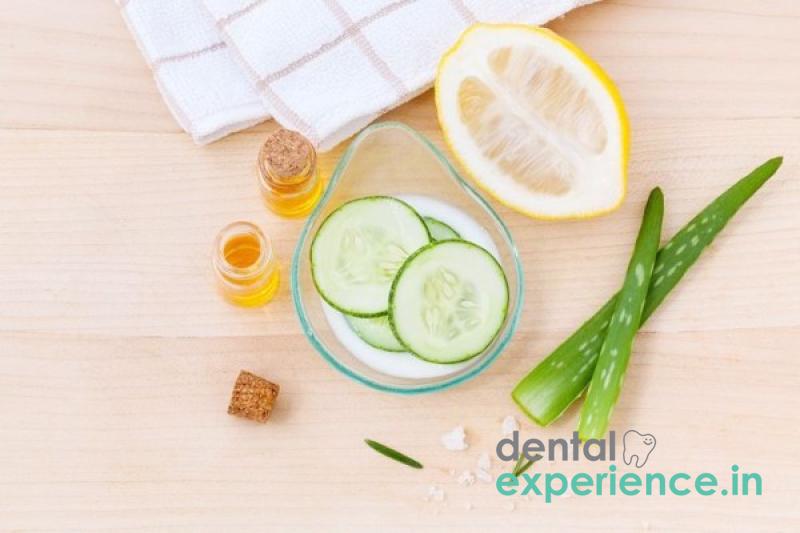You may have had a dental crown fitted in the past but what you may not know is whatever material they are made fr ..
Consultation for Mouth Ulcers
Introduction | Purpose | Ideal Patients | Types | Treatment Steps | Benefits | Advantages | Durability | Treatment Time | Cost | Risk & Complications | Disadvantages | Alternatives | Aftercare |
Fast facts

0-200
Treatment Longevity :
Short-term
Treatment Duration : 15 minutes
Canker sores are not contagious, and are categorized into three types:
- Minor sores measure from 3 to 10 millimeters (mm) and are the most common type of canker sore. Lesions last 10 to 14 days and heal without scarring.
- Major sores are larger and deeper than minor sores, have an irregular border, and a diameter of greater than 10 mm. Major canker sores may take weeks to months to heal and can leave a scar after healing.
- Herpetiform sores are characterized by large groups of multiple sores. These are small ulcers (2-3 mm) but there may be as many as 100 ulcers present at the same time. They tend to heal without scarring.
Topical gels or ointments are used for canker sores to relieve pain, decrease inflammation, and prevent infection.
- Topical pain medications: Gels are used directly on the canker sore to relieve pain or discomfort. Canker sore patches provide pain relief while covering and protecting the sore as it heals. These types of medications can be found over the counter.
-
Topical anti-inflammatory medications: Steroid medications can be used topically to decrease inflammation from canker sores. These medications usually require a prescription and should be used exactly as your doctor or other health care professional has instructed.
- Topical antibiotics: These medications may be prescribed by your doctor or dentist if there is a possibility of the canker sore becoming infected with bacteria. Redness, crusting, pus discharge, or fever are signs of infection.
Anti-inflammatory steroid mouth rinses may be prescribed to help reduce inflammation of the sores.
Over-the-counter pain medications can be used to help with discomfort from canker sores.
Zinc lozenges or vitamins B and C may also help relieve symptoms of canker sores.
Predisposition to canker sores may just be genetic. However, some diseases that affect the immune system such as lupus, Crohn's disease, celiac disease, or HIV/AIDS may cause frequent or recurrent canker sores.
